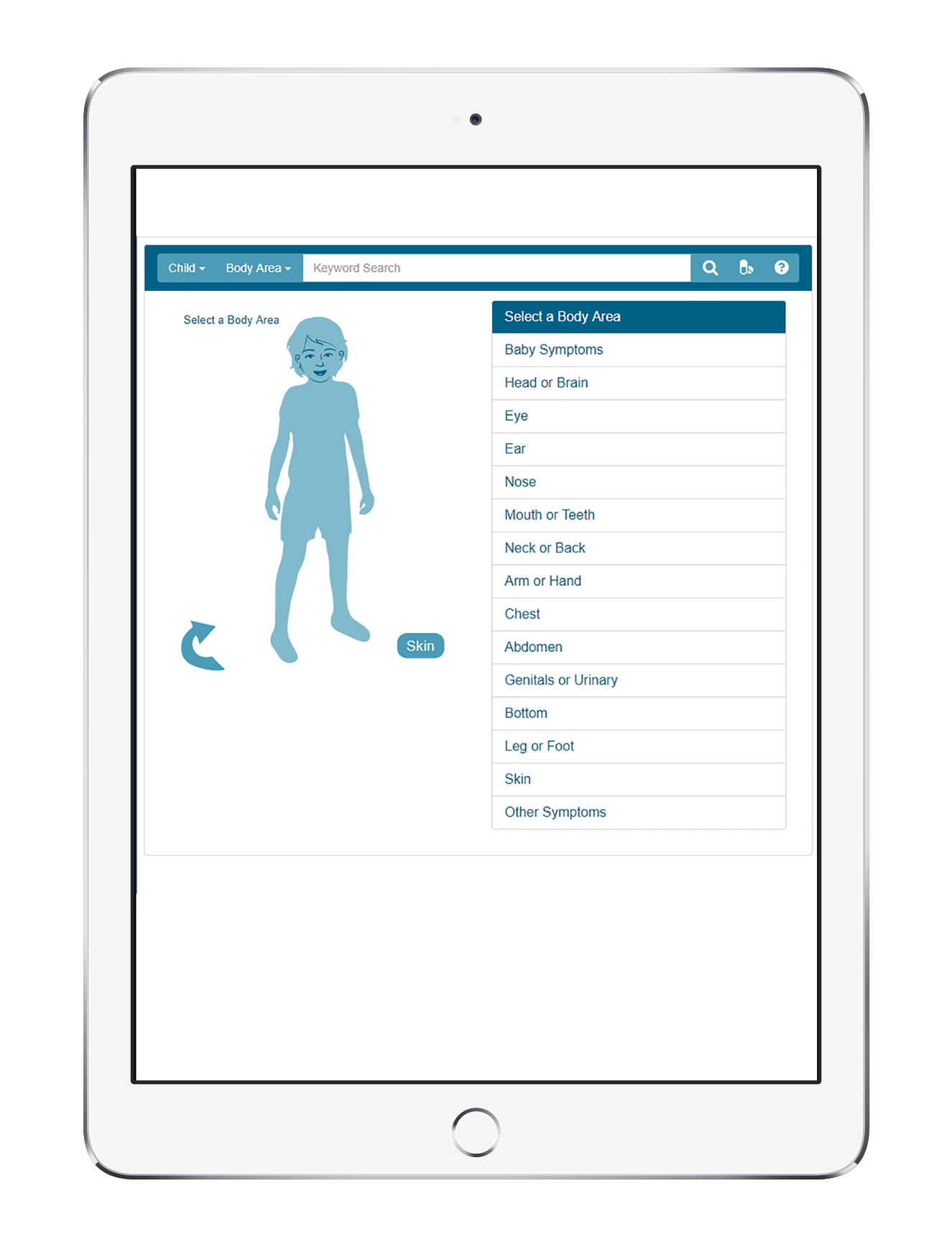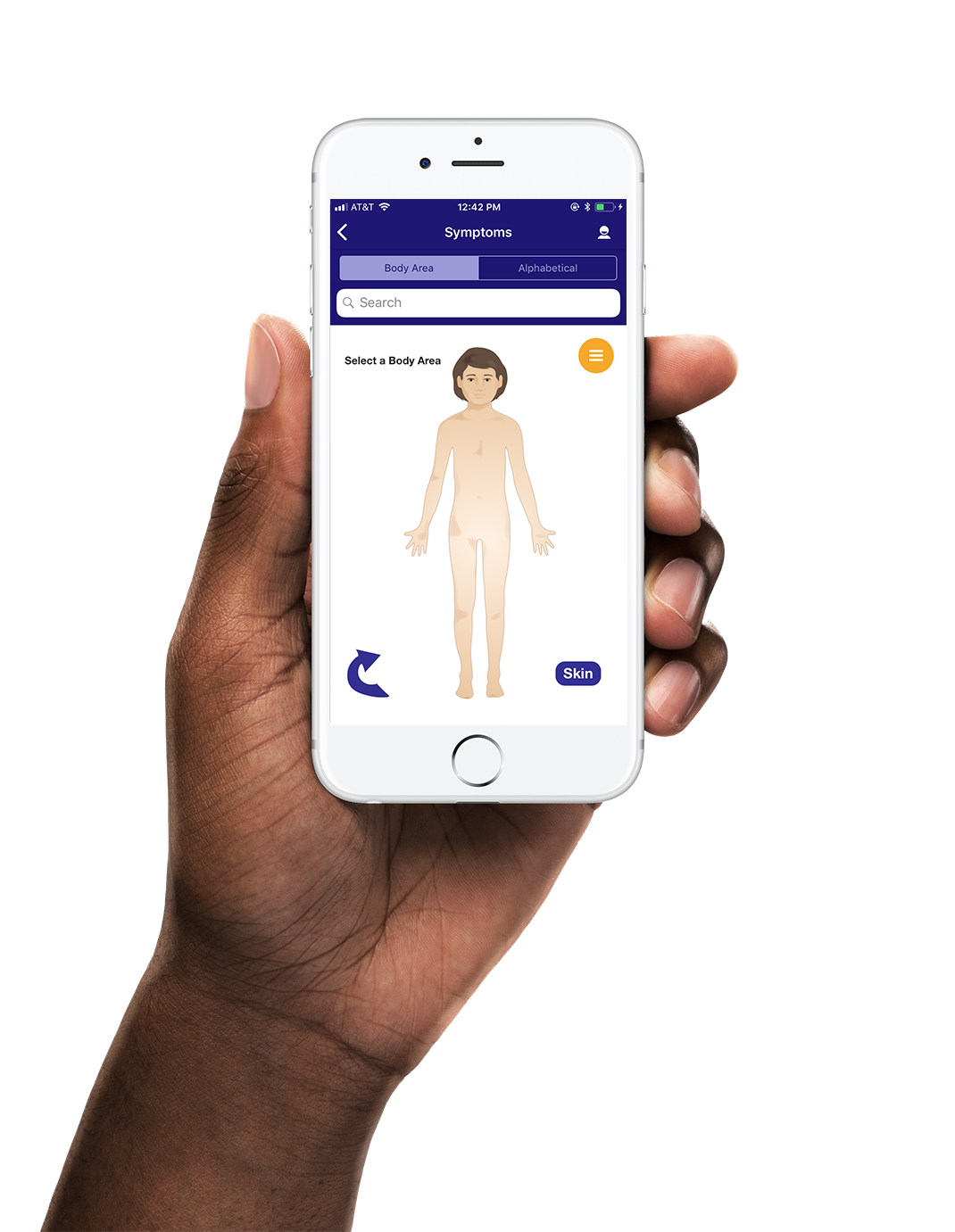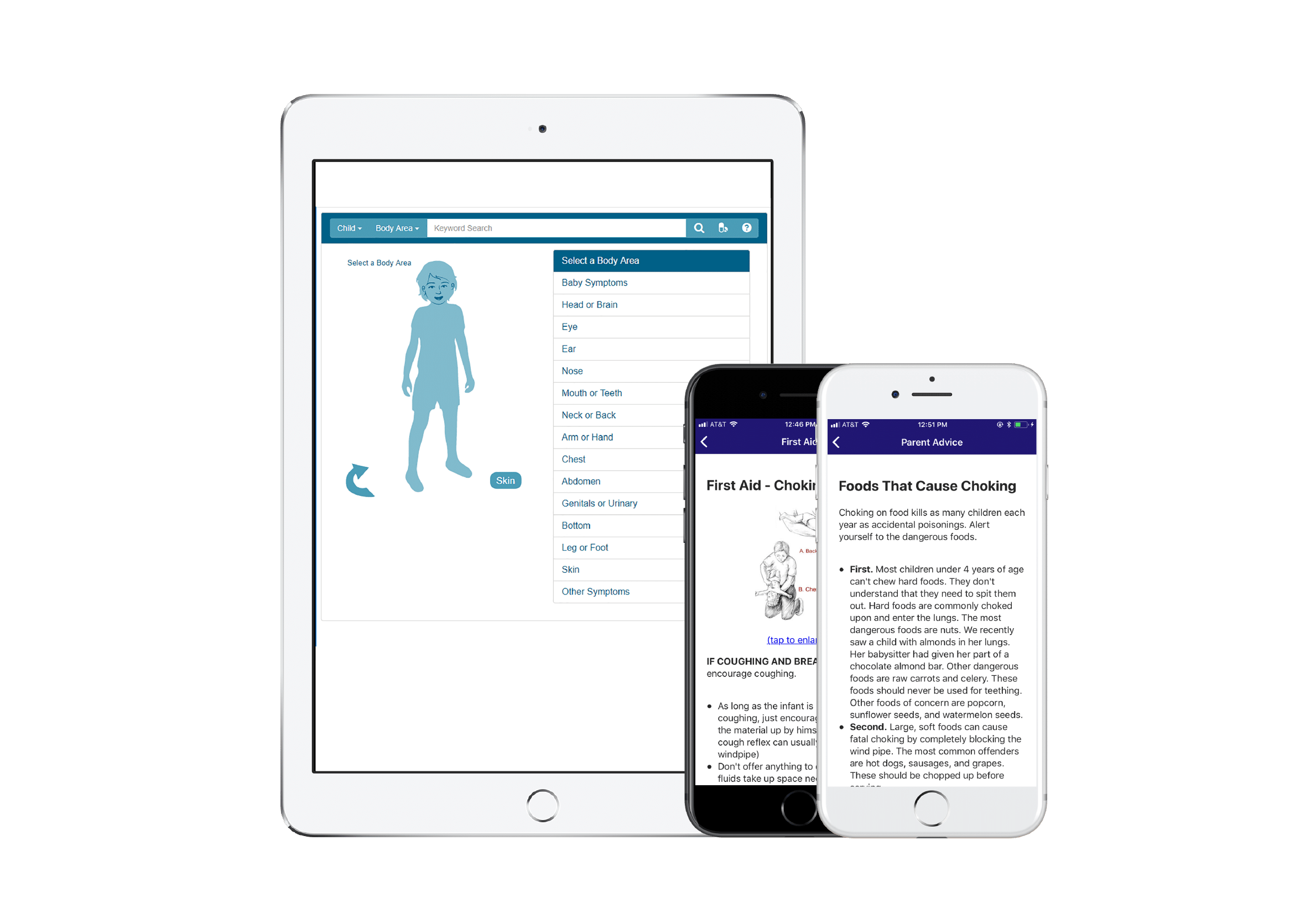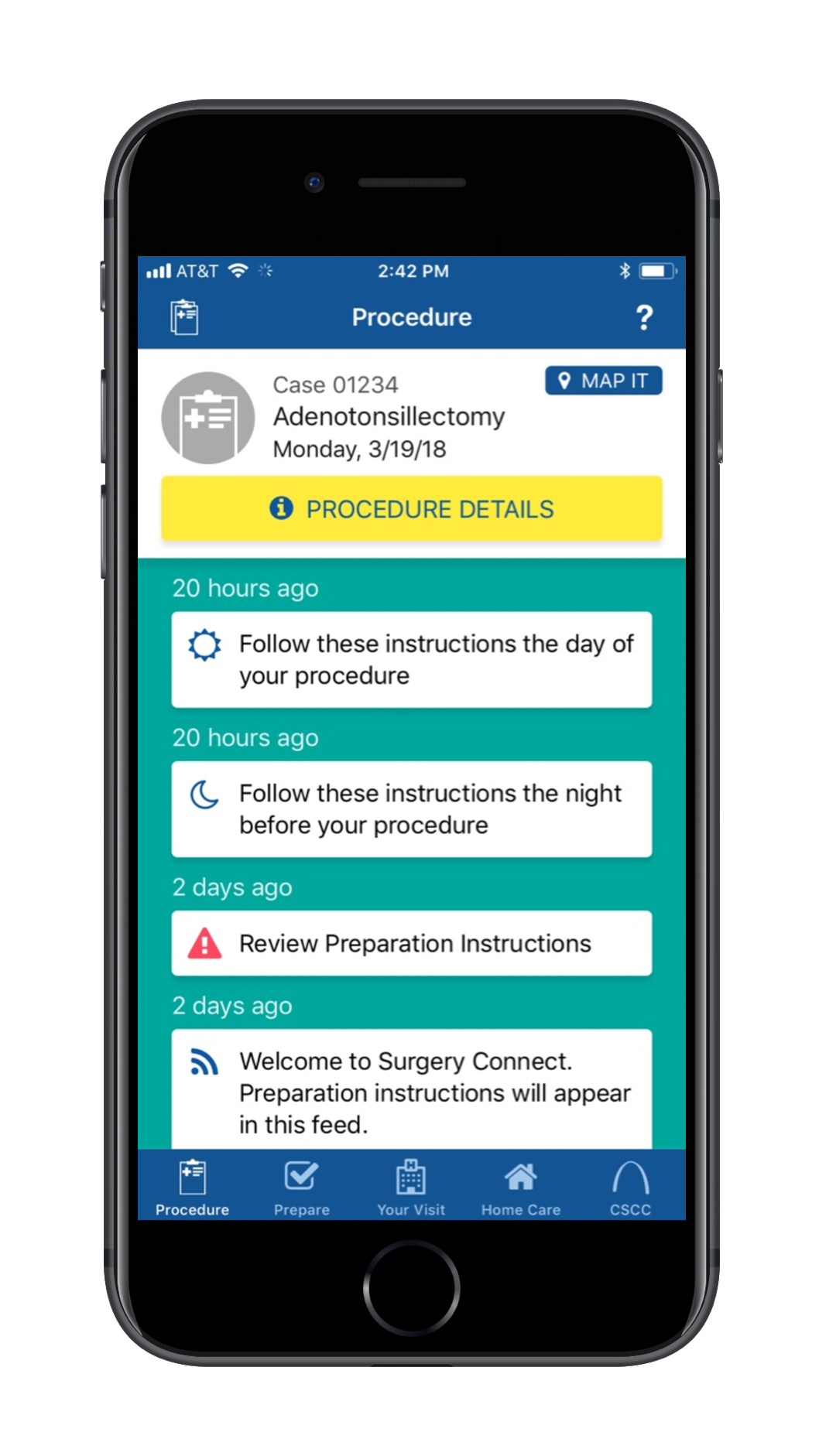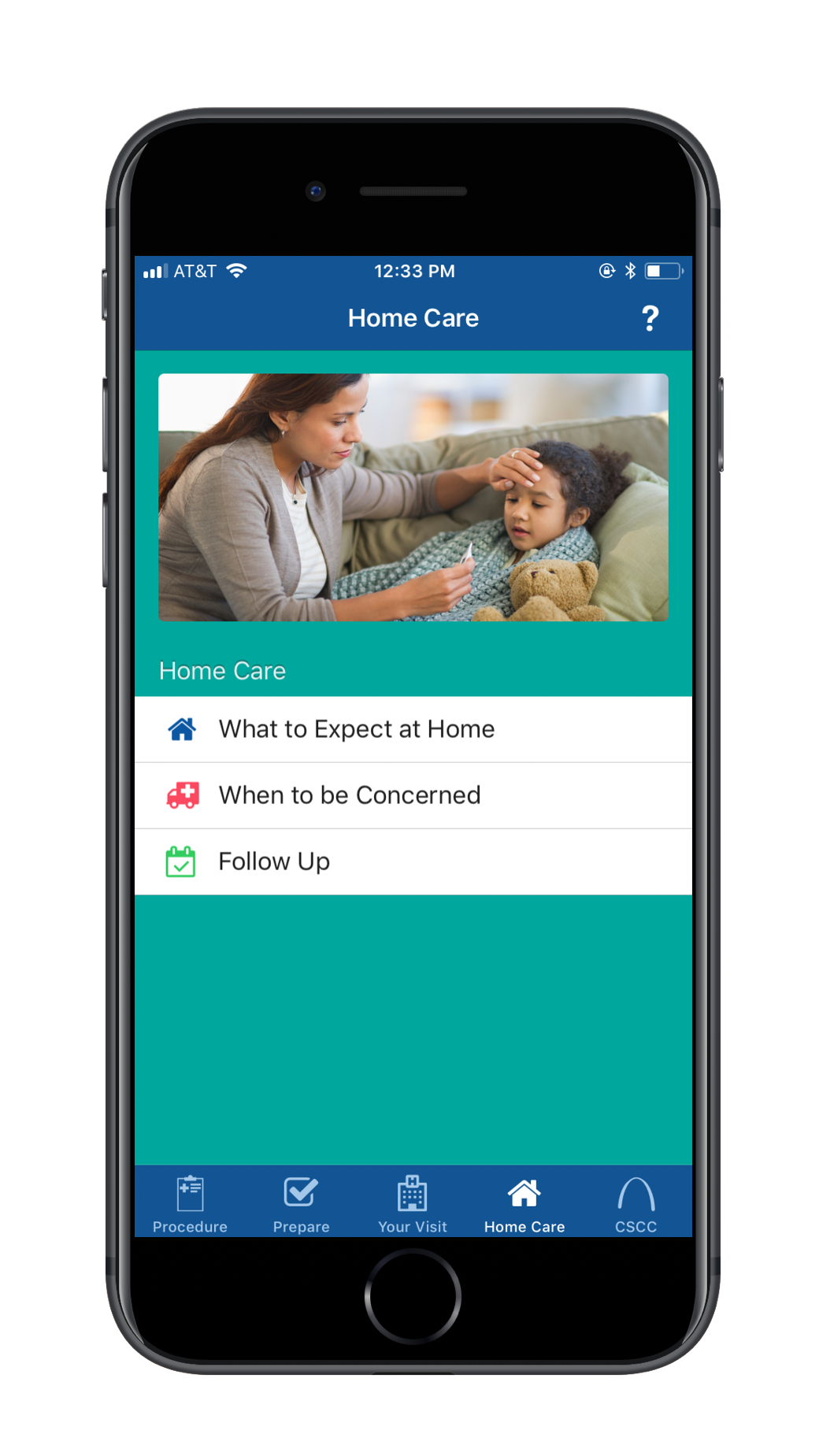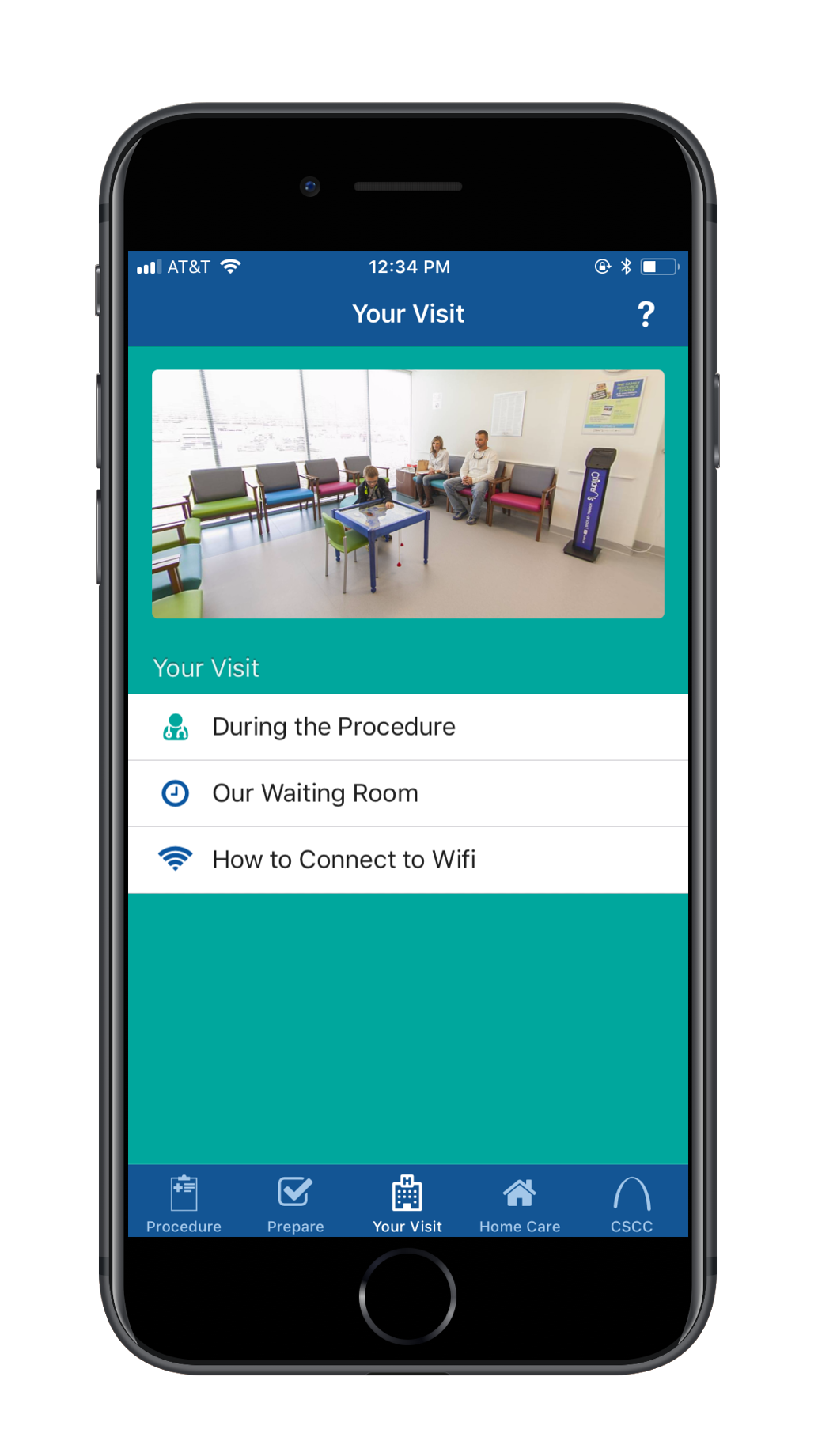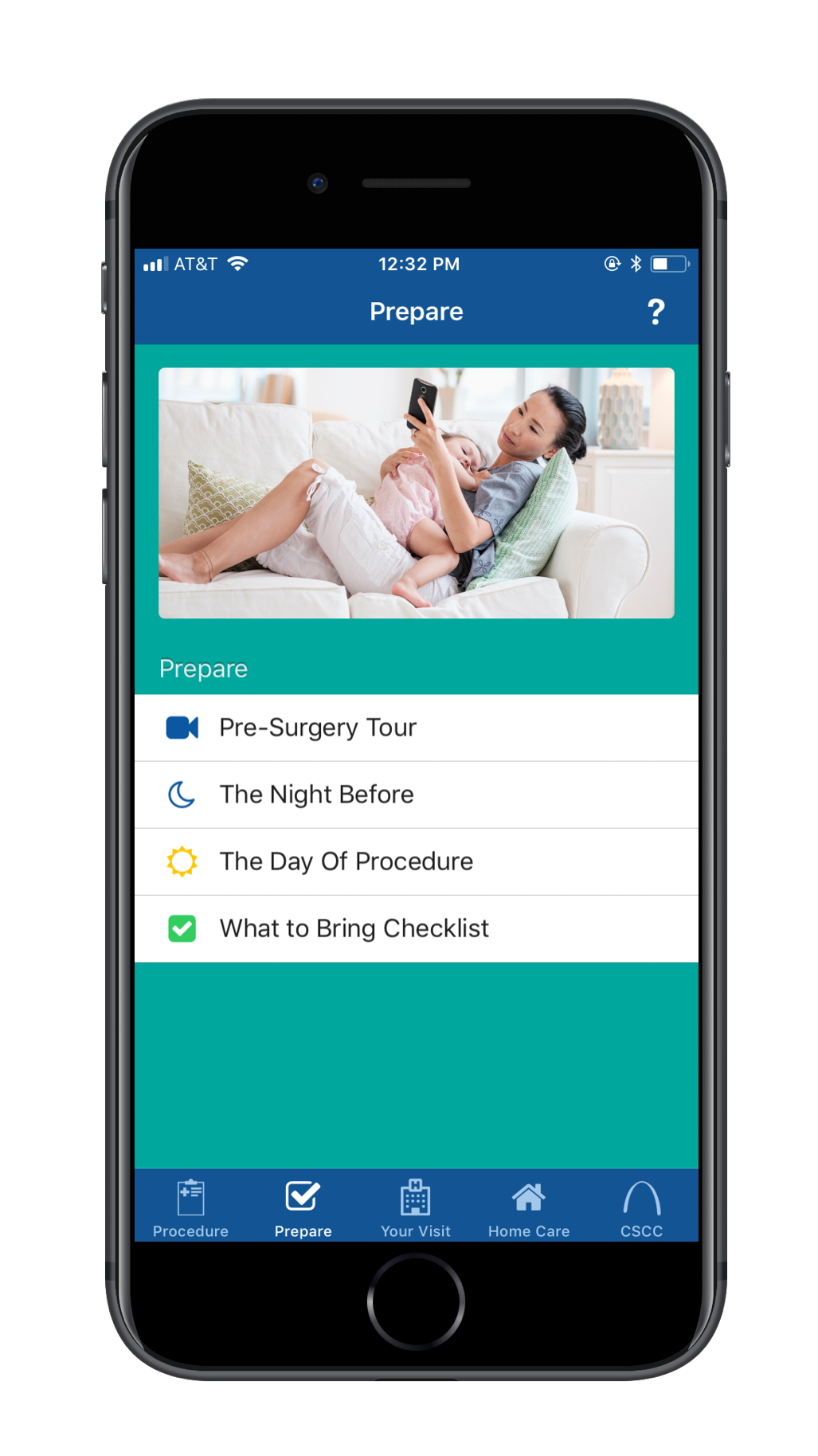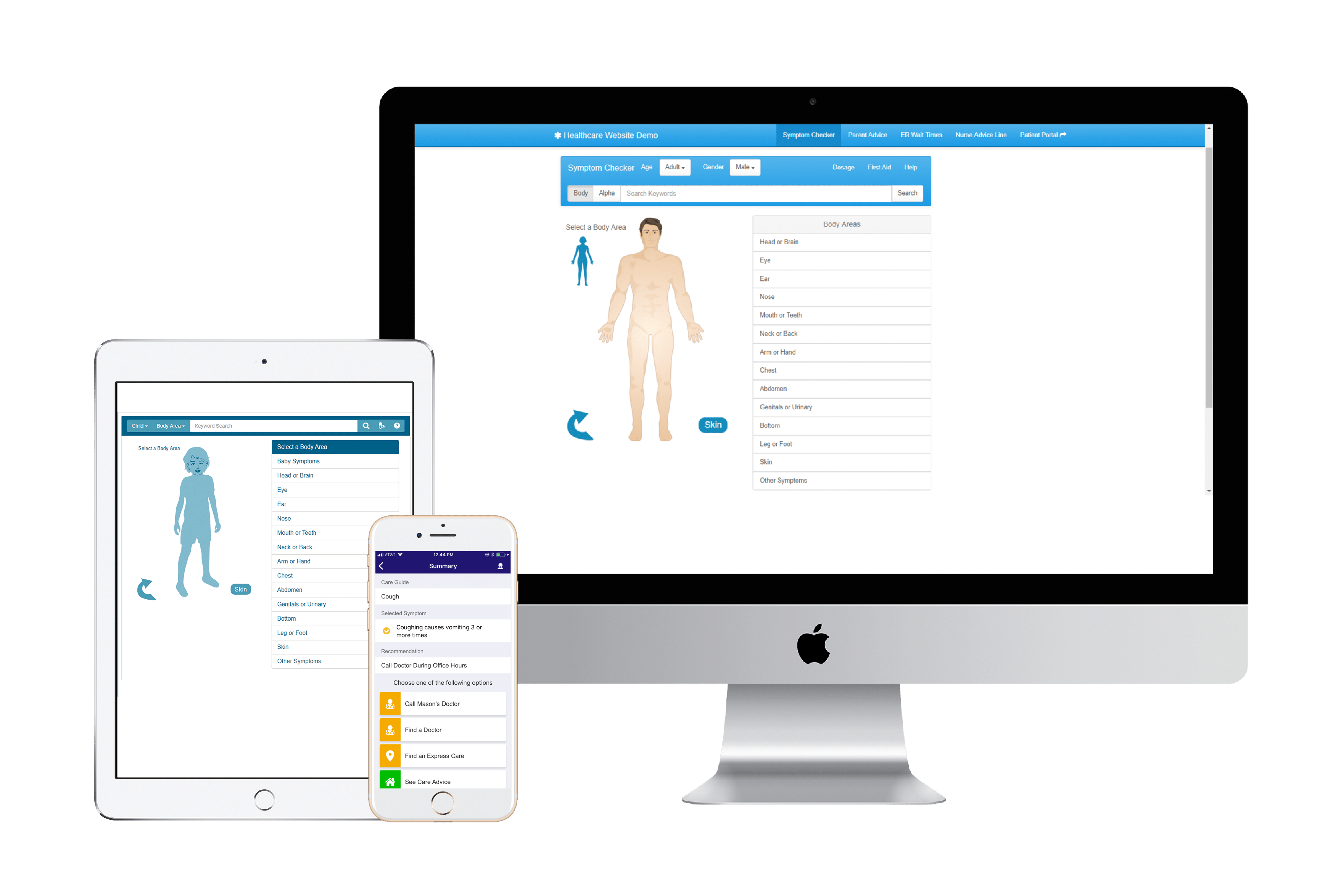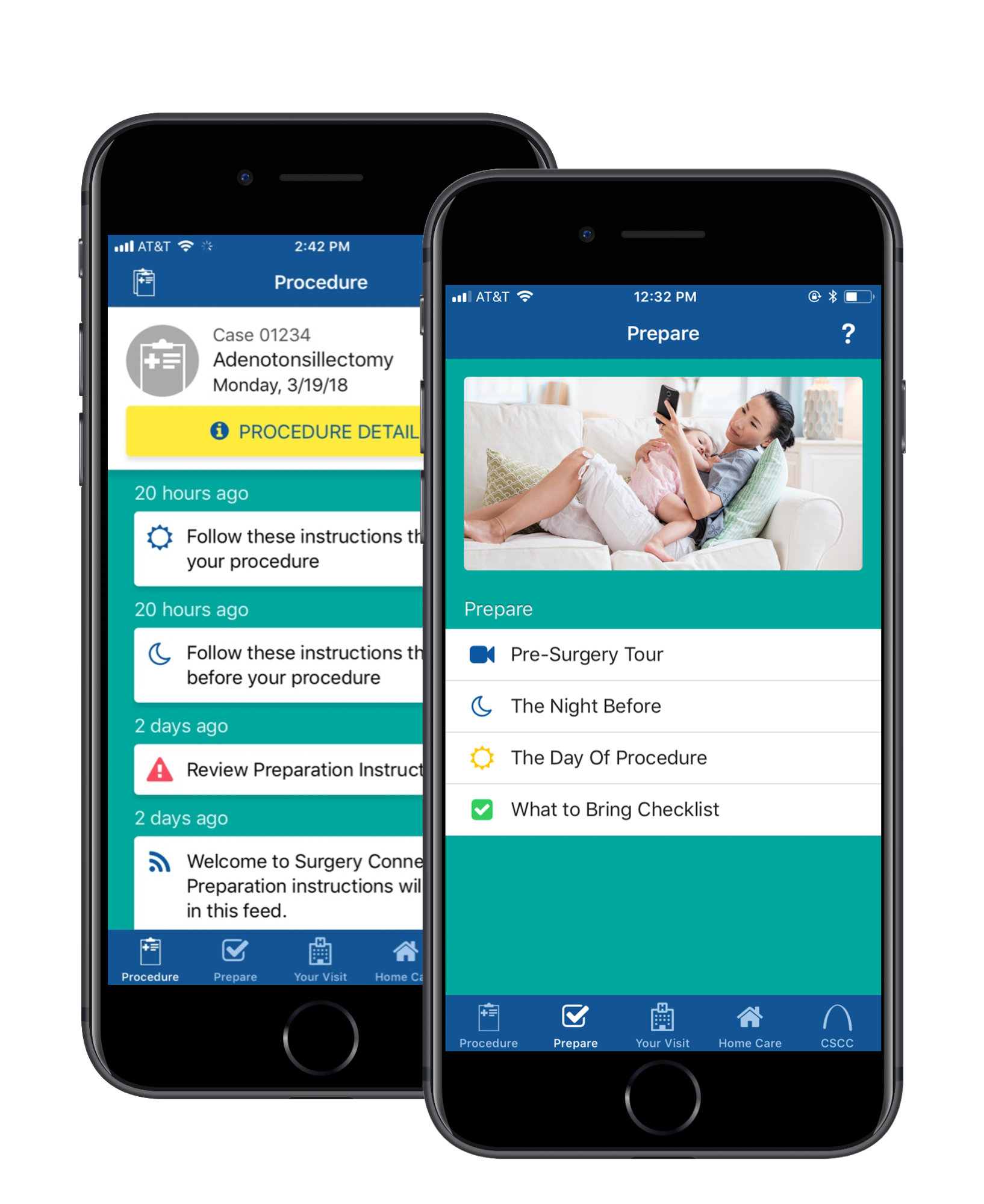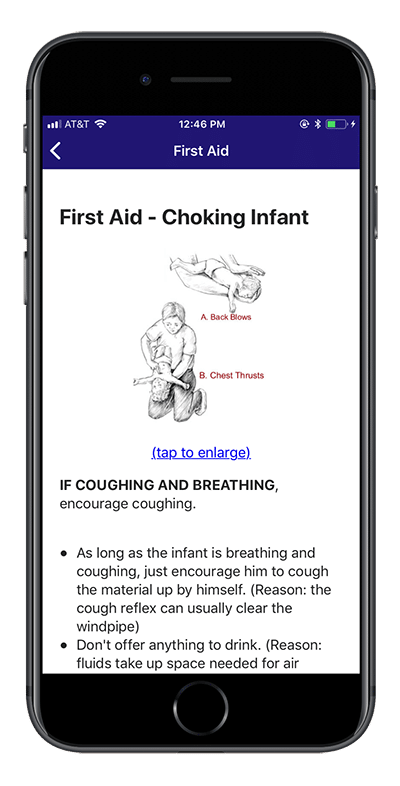About Sue
Sue is often the first point of contact for AppCatalyst. She has worked as a healthcare consultant since the late 1990’s and has a natural bent for shaping ideas into solutions. To complement those skills, Sue is certified in User Experience (UX) and, at times, leads usability testing with the audiences of our projects. She gets involved with content: making it consistent, transforming it into plain-language and working on localizations for international projects.
She balances work with anything outdoors:
- Currently hiking her way through every National Park
- Certified Interpretive Trainer (naturalist)
- Cheered for the home team in every major baseball stadium (with husband Tom)







